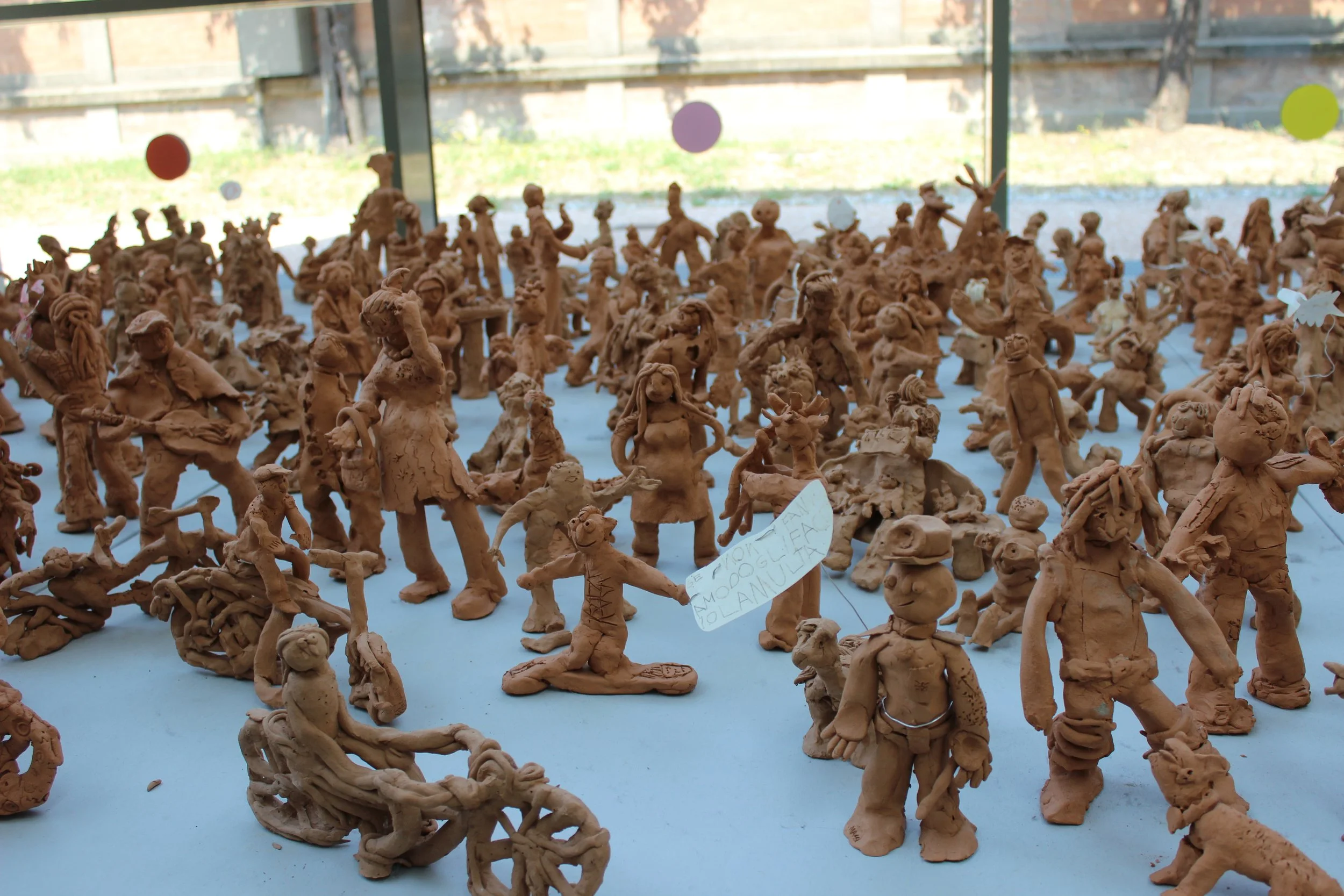Profile & Philosophy
I was not a fan of school, so why did I complete a PhD? Because I took a college class on child development and was hooked! From then on I aced everything (well…mostly), eventually completing three degrees, one in psychology and two in education. As long as I can remember, I’ve been fascinated by children’s amazing capacities beyond what you would expect of such little humans. I always wondered: how do children’s minds work? How do they learn so much, so fast?! This passion for understanding children’s minds led me to where I am today.
When I started working with children on a professional level, I was intrigued by how children get what they want from their parents or educator using different (what seemed to be) strategic skills of influence! I realized that they too wield the power that they have at their disposal in their relationships, just like the adults that tower over them.
My overarching professional goal is to translate knowledge to practical settings to best inform our work with young children. To provide opportunities for children to develop the tools to direct their inquiring minds and inform families and practitioners on the most responsive ways to support children’s well-being. Power is one of the key elements! I would argue that children who feel in control of their environment combined with teachers who recognize the child’s power is the best recipe for learning.
I am a Registered Early Childhood Educator (RECE) with Ontario’s College of Early Childhood Educators (#140591), and hold three degrees from Concordia University, Montréal, Québec:



